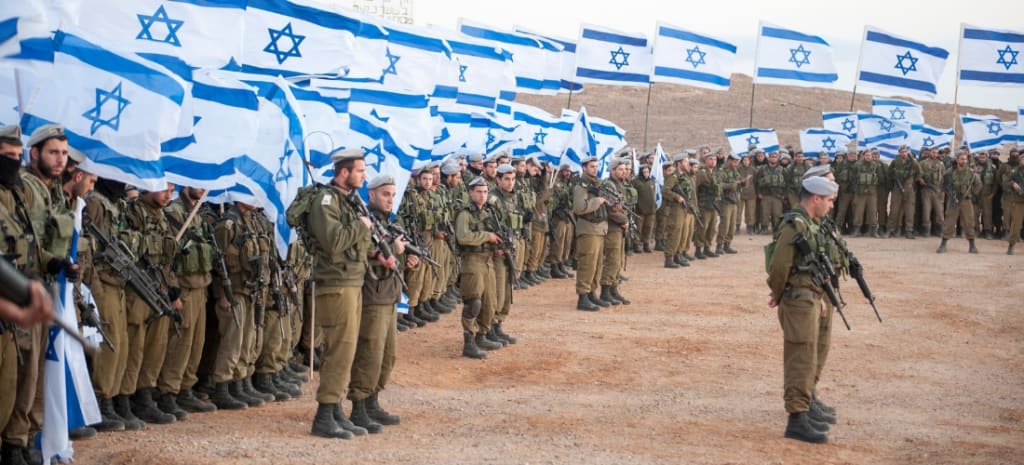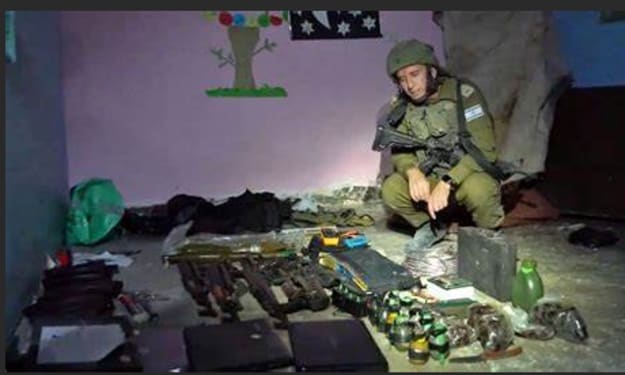Israel conflicts with Palestine
Israel conflicts with Palestine

The Israel and Palestine Deadly Conflict
The ongoing conflict between Israel and Palestine has deep historical roots, further complicated by the recent attack orchestrated by Hamas on October 7, 2023. This assault, surpassing conventional warfare, involved the use of rockets, trucks, motorcycles, bulldozers, and paragliders, resulting in significant casualties—around 700 Israelis and 370 Palestinians killed, with thousands more sustaining injuries.
To understand the full context, an exploration of the region's history is essential, with a specific emphasis on Jerusalem—a city of great significance to Islam, Christianity, and Judaism. The historical tensions between Jews and Christians, exacerbated during Hitler's regime, led to a substantial migration of Jews to Palestine. Post-World War I, British control over Palestine followed, culminating in the United Nations' partitioning of the land in 1948, creating separate states for Muslims and Jews.
The establishment of Israel faced opposition from neighboring Arab countries, sparking the first Arab-Israeli War in 1948. Subsequent conflicts in 1956, 1967, and 1973 saw Israel gaining more territory. Peace initiatives, including the 1979 Egypt-Israel peace treaty and the 1993 Oslo Accords, aimed at addressing the Palestinian cause. However, challenges persisted, giving rise to extremist groups like Hamas, rejecting peaceful coexistence.
In 2006, internal strife erupted as Hamas defeated the Palestine Liberation Organization (PLO) in elections, leading to a divided Palestinian territory. The Palestine Liberation Organization (PLO) plays a significant role in the historical narrative. Formed in 1964, the PLO aimed to represent the Palestinian people and secure their rights. In 1974, the United Nations officially recognized the PLO as the representative of the Palestinian people. However, the organization faced internal challenges and external opposition, leading to a divided Palestinian territory in 2006 when Hamas defeated the PLO in elections. The PLO, historically associated with efforts for Palestinian statehood, has been recognized by some nations and considered a legitimate representative by others, adding to the intricate layers of the Middle East conflict. Hamas's unwavering stance, seeking the destruction of Israel, heightened the conflict. The recent 2023 attack by Hamas prompted Israel to respond with Operation IWS, involving airstrikes and a blockade on Gaza.
Hamas is a Palestinian Islamist political and military organization. It was founded in 1987 during the First Intifada (Palestinian uprising against Israeli rule) and is considered a terrorist organization by several countries, including the United States, the European Union, Canada, and others. The group's charter includes the goal of establishing an Islamic state in historic Palestine and rejecting the existence of the State of Israel. Hamas has been involved in both social and political activities within Palestinian territories, but its use of violence, including suicide bombings and rocket attacks, has led to its classification as a terrorist organization by various nations and entities.
The international community has condemned the situation, with the complexity of determining who is right—Israel or Palestine. While acknowledging the historical rights of Palestinians to their land, the actions of terrorist organizations like Hamas contribute to a vicious cycle of violence. Achieving a just and sustainable resolution requires delicately balancing historical context and finding common ground. Lasting peace in the region hinges on addressing these complexities and fostering a constructive dialogue among all parties involved.
Moreover, the alliances between Israel and the United States play a significant role in the geopolitical dynamics of the region. The United States has historically been a strong supporter of Israel, providing economic and military aid. This support has influenced the dynamics of the Israel-Palestine conflict, impacting international perceptions and diplomatic efforts. The intricacies of these alliances add another layer of complexity to the ongoing situation, shaping the broader geopolitical landscape of the Middle East.
About the Creator
Jon Mays
I love sharing stories that have meaning and value.
Enjoyed the story? Support the Creator.
Subscribe for free to receive all their stories in your feed. You could also pledge your support or give them a one-off tip, letting them know you appreciate their work.





Comments
There are no comments for this story
Be the first to respond and start the conversation.